Minimalist Parenting: Less Stuff, More Sanity
Minimalist parenting isn’t about depriving your children or living in stark, empty spaces. It’s about intentionally choosing what adds value to your family’s life while reducing the overwhelm that comes with too much stuff, too many activities, and too many choices. This approach creates more time for meaningful connections, reduces household stress, and teaches children valuable lessons about contentment and gratitude.
Limit Toy Rotation Systems
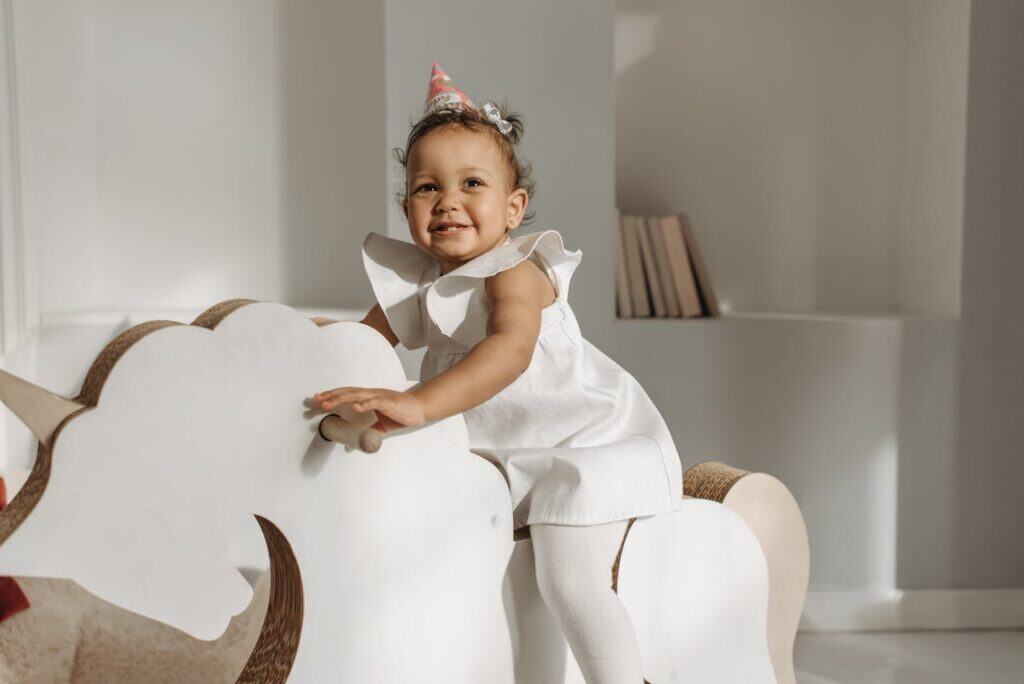
Instead of overwhelming playrooms, maintain a smaller collection of high-quality, open-ended toys that encourage creativity and imagination. Rotate toys monthly, storing others out of sight. Children play more deeply and creatively when they’re not overwhelmed by choices. Focus on toys that grow with your child and serve multiple purposes.
Streamline Your Daily Routines

Create simple, consistent routines that reduce decision fatigue for both parents and children. Lay out clothes the night before, prepare grab-and-go breakfast options, and establish clear morning and bedtime sequences. When routines become automatic, mornings run smoother and everyone feels more prepared and less stressed throughout the day.
Choose Quality Over Quantity for Clothing

Build capsule wardrobes for your children with versatile, durable pieces that mix and match easily. Focus on comfortable fabrics and neutral colors that hide stains and coordinate well. Fewer clothes mean less laundry, easier outfit decisions, and more room in closets and drawers for items that actually get worn regularly.
Limit Extracurricular Activities
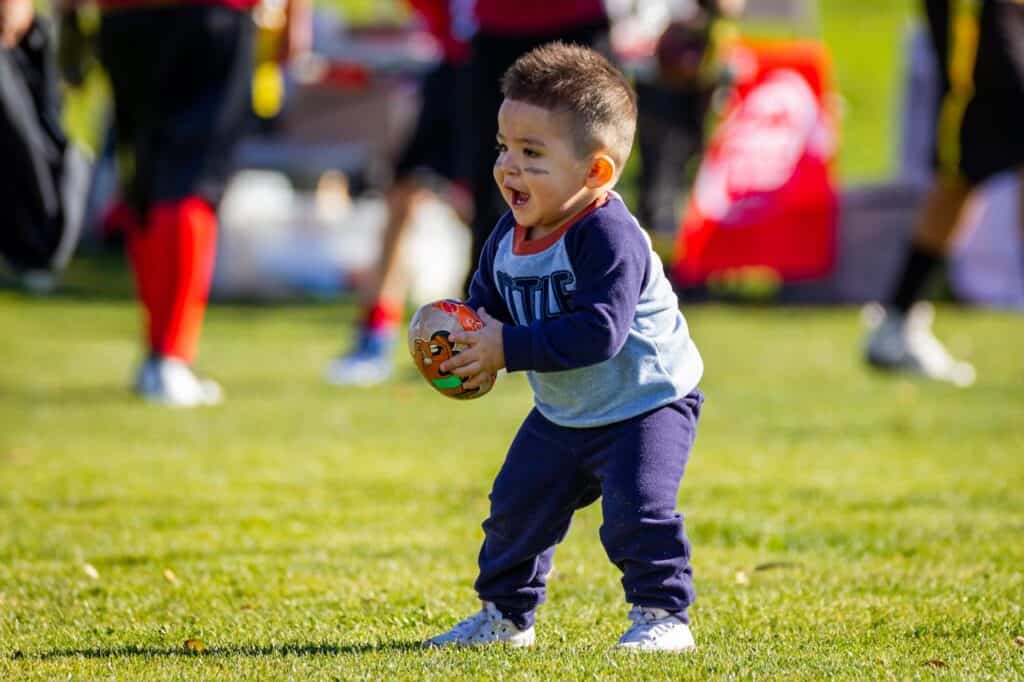
Resist the urge to overschedule your children with multiple sports, lessons, and activities. Choose one or two activities that your child genuinely enjoys rather than filling every afternoon and weekend. This approach reduces family stress, saves money, and provides more time for free play, family dinners, and spontaneous adventures.
Create Calm, Clutter-Free Spaces
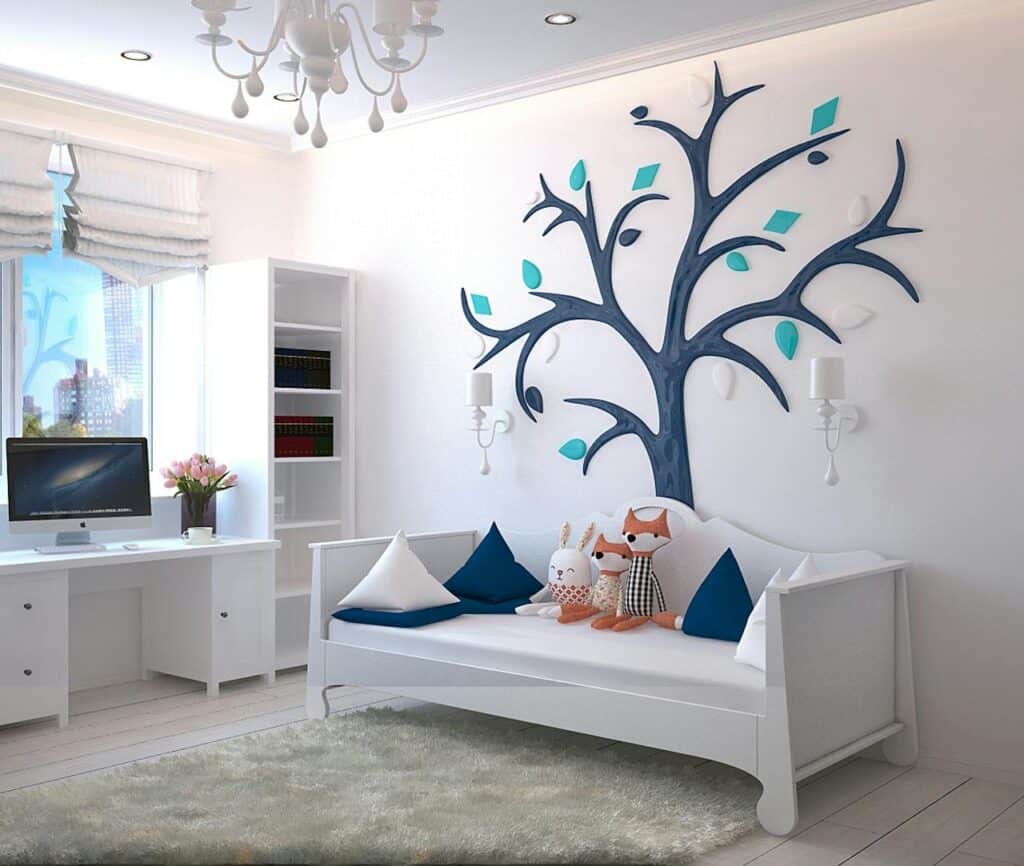
Designate specific areas in your home for different activities and keep surfaces clear of random items. When everything has a designated place, cleanup becomes faster and spaces feel more peaceful. Children focus better and feel more relaxed in organized environments that aren’t visually overwhelming or chaotic.
Practice Mindful Gift-Giving

Request experiences, consumables, or specific needed items for birthdays and holidays instead of accumulating more toys and gadgets. Communicate with extended family about your preferences and suggest alternatives like zoo memberships, art supplies, or contributions to college funds that align with your minimalist values.
Simplify Meal Planning and Preparation
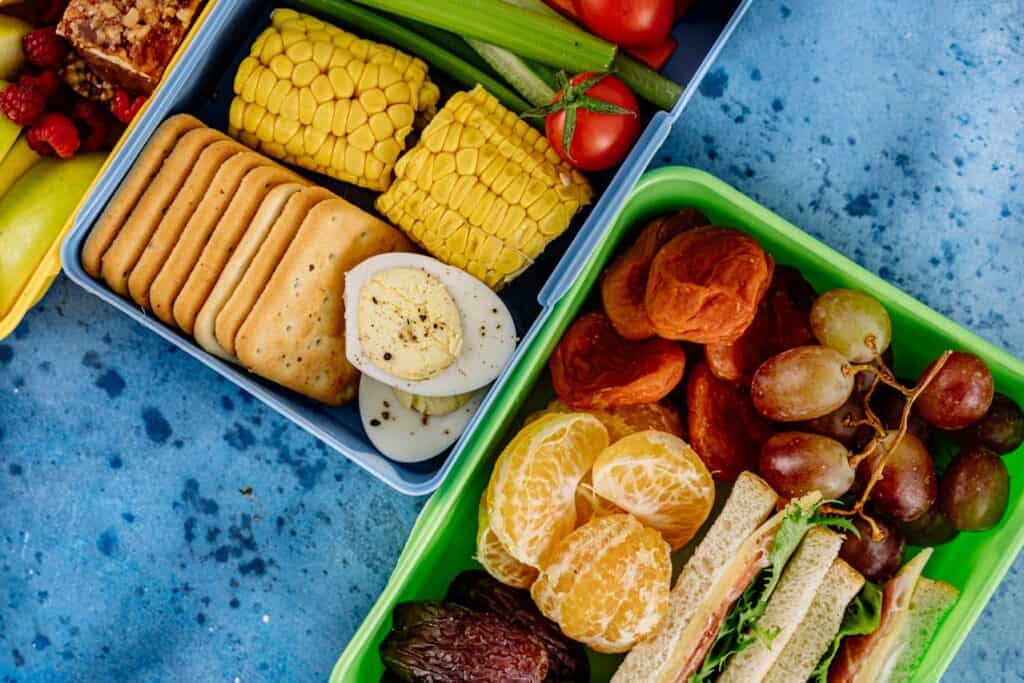
Develop a rotation of simple, healthy meals that your family enjoys rather than constantly trying new recipes. Batch cook on weekends, embrace one-pot meals, and keep backup options available for busy evenings. Simple meal planning reduces grocery shopping stress, food waste, and daily decision-making about dinner.
Teach Children About Contentment
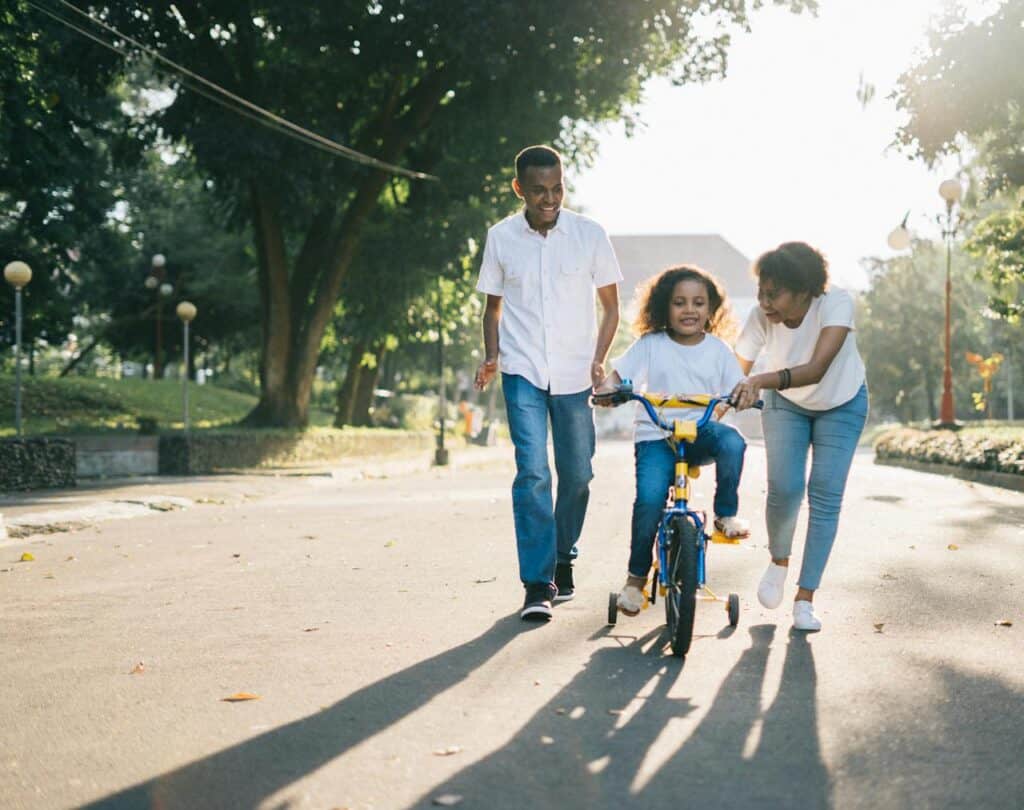
Model gratitude and contentment by expressing appreciation for what your family already has. Involve children in donating outgrown items and helping others less fortunate. Discuss wants versus needs and help children understand that happiness doesn’t come from accumulating possessions but from relationships, experiences, and personal growth.
Focus on Experiences Over Things

Prioritize family time, outdoor adventures, and shared experiences that create lasting memories without adding clutter to your home. Plan activities like hiking, visiting libraries, having picnics, or exploring local attractions. These experiences strengthen family bonds while teaching children that joy comes from doing rather than having.





